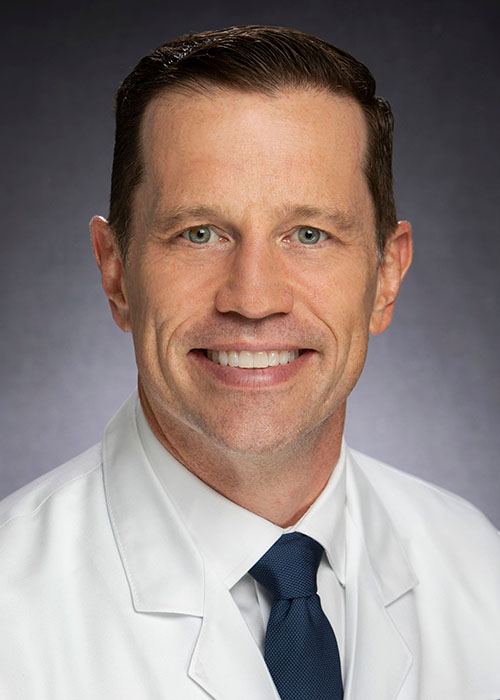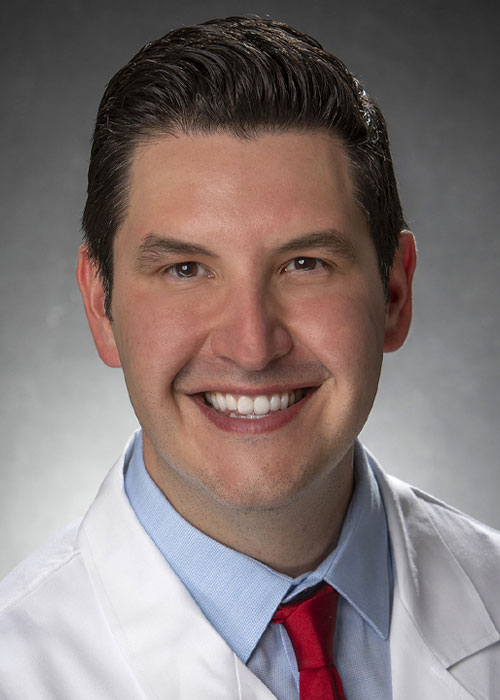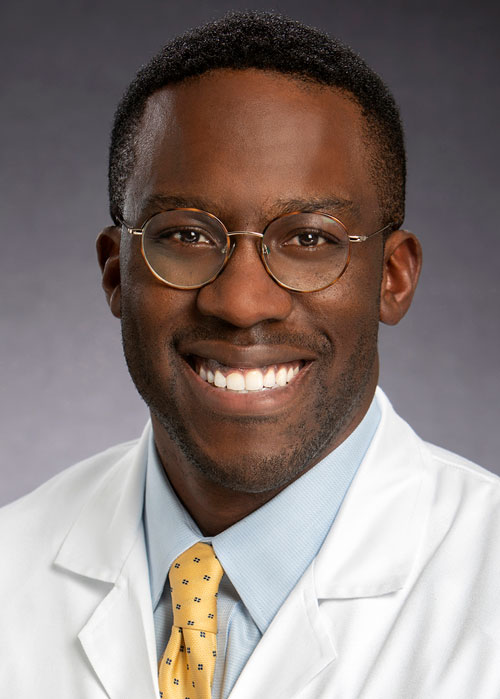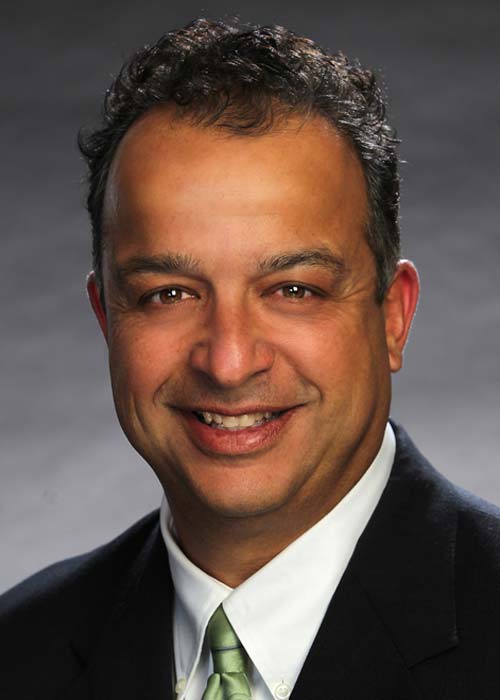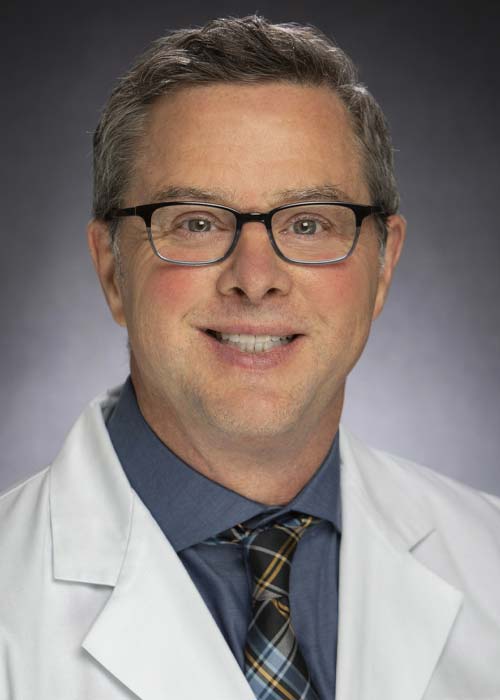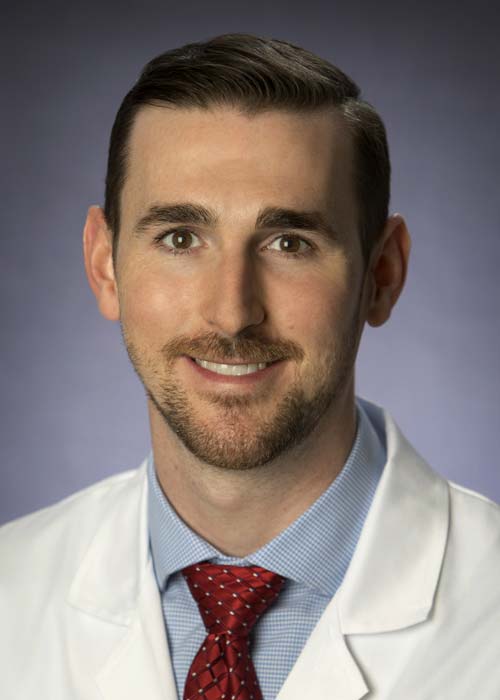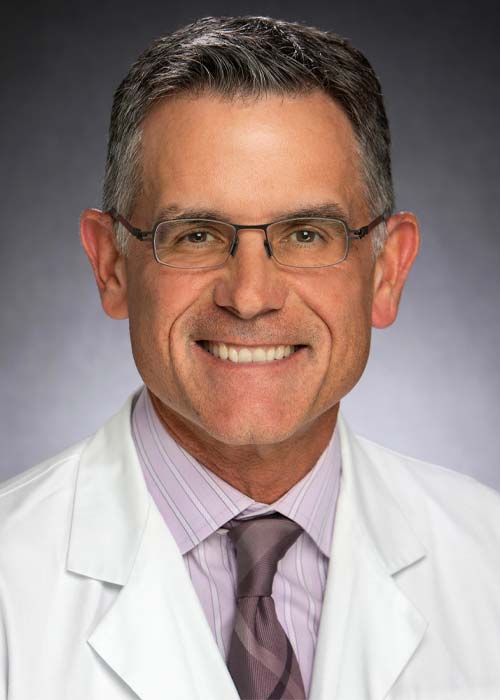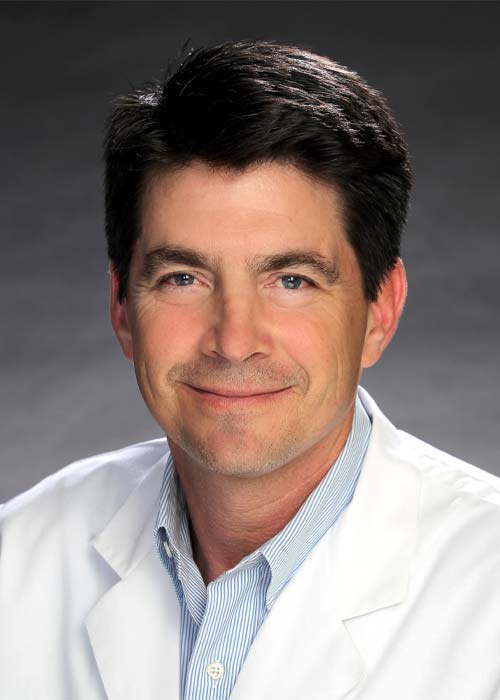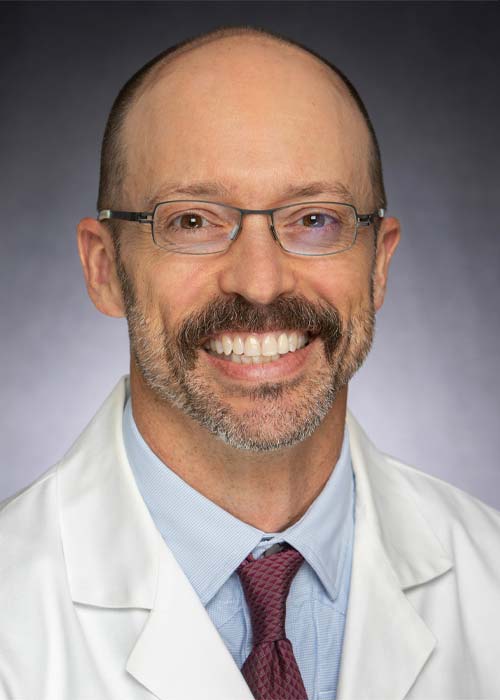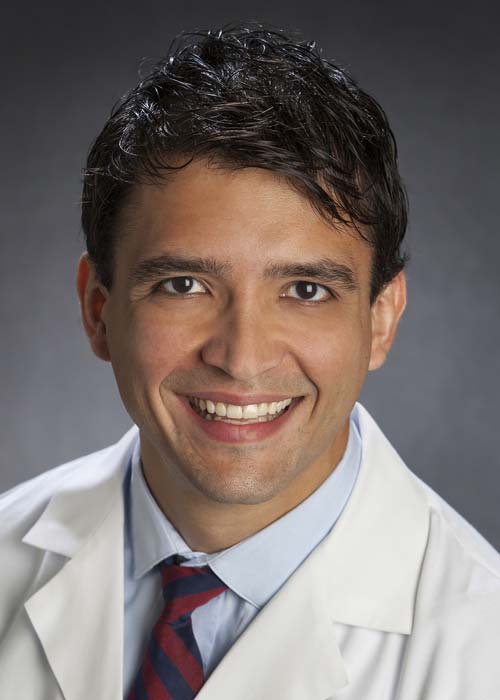Testicular Cancer
Testicular cancer is rare but is the most common type of cancer in younger men. It occurs when abnormal cells grow rapidly in the testicles, most frequently starting in the cells that produce sperm. The cause of testicular cancer is unknown, but many experts feel that medical problems such as undescended testicles or having an extra “X” chromosome (Klinefelter’s Syndrome) may increase a man’s chances of developing testicular cancer.
Testicular Cancer Symptoms
Symptoms of testicular cancer include:
- A lump in either testicle
- An enlargement in either testicle
- Heaviness in the scrotum
- A dull ache in the abdomen
- A dull ache in the groin
- A sudden collection of fluid in the scrotum
- Pain in a testicle or the scrotum
- Discomfort in a testicle or the scrotum
- Enlargement of the breasts
- Tenderness in the breasts
- Pain in the back
Testicular cancer usually affects only one testicle.
Testicular Cancer Causes
It’s not known what causes most cases of testicular cancer.
Testicular cancer develops when healthy cells in a testicle become altered. Normally, healthy cells grow and divide in a way that keeps your body functioning. Sometimes, cells develop abnormalities, changing them into cancer cells. These cancer cells grow out of control, even when new cells aren’t needed. Cancer cells accumulate and form a mass in the testicle.
Germ cells are the cells in testicles that produce immature cells. Almost all testicular cancers begin in germ cells. It’s not known what causes germ cells to develop into cancer.
Testicular Cancer Testing & Diagnosis
Sometimes, men discover testicular cancer themselves. This can happen unintentionally or while checking for lumps during a testicular self-examination. Your doctor may find a lump during a routine exam. After a lump is found, it needs to be assessed to see if it’s testicular cancer. Your doctor may recommend:
- Ultrasound. An ultrasound uses sound waves to create an image. A testicular ultrasound will create an image of the scrotum and testicles. During a testicular ultrasound, you lie on your back with your legs spread. Your doctor will apply a gel to your scrotum and move a hand-held probe over your scrotum to create the ultrasound image.
An ultrasound can help your doctor determine the makeup of testicular lumps, like if they are solid or fluid-filled. The ultrasound will also tell your doctor the location of the lump and whether it’s inside or outside of the testicle. - Blood tests. Your doctor may order blood tests to check the level of tumor markers in your blood. Tumor markers are proteins that normally occur in blood. Tumor marker levels may be elevated in certain conditions, including cancer. Having a high level of tumor marker in your blood doesn’t automatically mean you have cancer. The information from your blood test will provide a more complete picture of your health for an accurate diagnosis.
- Radical Inguinal Orchiectomy. If the lump on your testitesticle may be cancerous, surgical removal of the testicle may be recommended. After removal, the testicle will be analysed to determine if the lump is cancerous and, if it’s cancerous, what type of cancer.
Testicular Cancer Treatment
There are many options for the treatment of testicular cancer. Which method you choose depends on several factors, like the type and stage of cancer, your health, and your preferences.
Surgery
Different surgical treatments for testicular cancer include:
- Radical inguinal orchiectomy. The primary treatment for all stages and types of cancer is surgery to remove your testicle. For this surgery, your surgeon makes an incision in your groin and extracts the testicle through the opening. A prosthetic testicle can be inserted to replace the removed testicle. If the cancer is early-stage, this may be the only treatment needed.
- Retroperitoneal lymph node dissection. Another surgical treatment is the removal of lymph nodes that are near the testicles. This is performed through an incision in your abdomen. Your surgeon will be careful to avoid damaging nerves around the lymph nodes. Sometimes, damage to the nerves may be unavoidable. This may affect ejaculation but won’t prevent erections.
If surgery is the only treatment for your testicular cancer, your doctor may recommend follow-up appointments. These appointments will occur typically every few months for the first year and less frequently in the following years. During a follow-up appointment, you’ll have blood tests, CT scans, and other checks to monitor you to see if cancer has returned.
Radiation Therapy
This type of treatment uses high-powered energy beams to kill cancer cells. During radiation therapy, you lay on a table. A large machine moves around you and focuses the energy beams at precise points on your body.
Radiation therapy is used for those who have certain types of cancer, and it may be recommended after surgery to remove your testicle.
Radiation therapy may have side effects like nausea and fatigue. It may cause skin redness and irritation where the energy beams are focused, like your abdomen and groin. Radiation therapy may impact fertility and temporarily reduce sperm counts. Your doctor will be able to advise you on options for preserving your fertility before starting radiation therapy.
San Antonio Cancer Center offers radiation therapy for testicular cancer.
Chemotherapy
This treatment uses drugs to kill cancer cells. Chemotherapy flows through your body and kills any cancer cells that have migrated away from the original cancer site.
Chemotherapy can be used on its own or before or after lymph node removal surgery.
The specific drugs being used for chemotherapy determine the side effects. Your doctor will be able to tell you what to expect. During chemotherapy, it’s common to experience fatigue, nausea, and hair loss, as well as an increased risk of infection. Some medications and treatments can reduce some of the side effects.
Chemotherapy may lead to infertility in men. In some cases, this can be permanent. Your doctor will be able to advise you on options about preserving your fertility before starting chemotherapy.
A urologist who specializes in cancer treatment is called a urologic oncologist. Urology San Antonio’s Dr. Daniel Zainfeld is a urologic oncologist.
Frequently Asked Questions
How old are men who get testicular cancer?
It occurs most frequently in men between the ages of 20 – 35, though it can happen at any age.
Is heredity a factor?
It appears that family history is an indicator of a higher than normal likelihood of developing testicular cancer.
If I have testicular cancer, am I infertile?
It is rare for testicular cancer to cause a man to be sterile; however, it may cause lower than normal sperm counts. As part of the discussion with your urologist, you should talk about your desire for children in the future since sperm banks can offer a reasonable option for some men.

